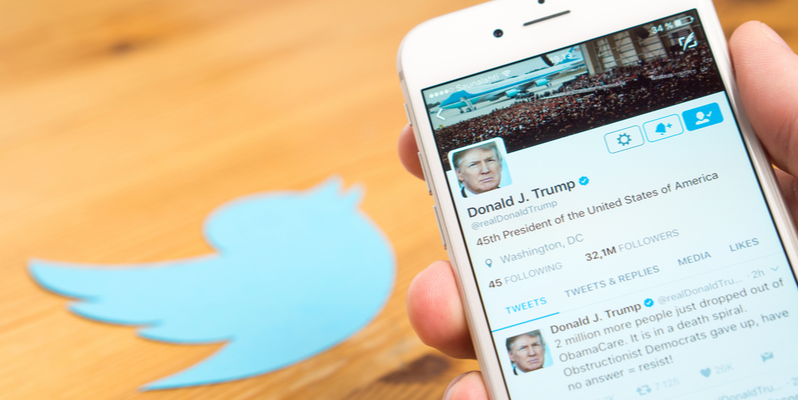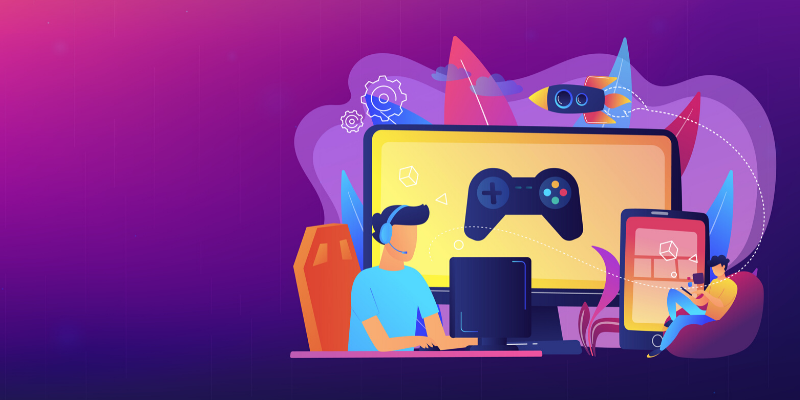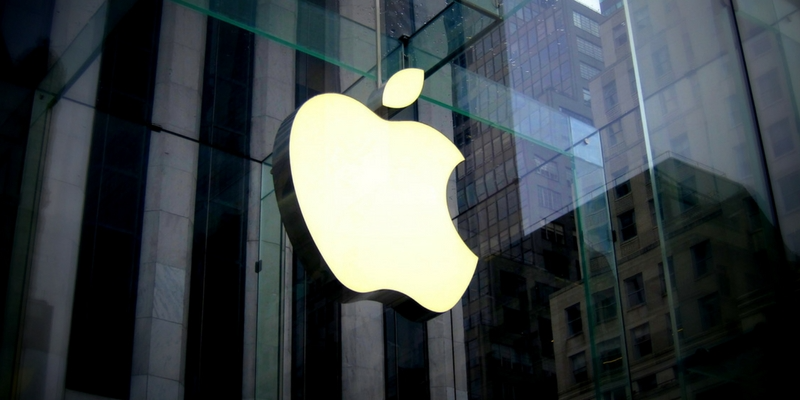On a fast course: Here’s how intermittent fasting boosts health and healing
Intermittent fasting has become very popular of late, as more and more people are trying to abstain from food for many hours. Our nutritionist examines the pros and cons of fasting for long periods of time
Fasting has been an integral part of multiple cultures and traditions over time. Many religions have incorporated fasting as part of different traditional festivals and practices. The reason behind these traditional practices is to provide a way of purifying the body and strengthening the mind.
The human body has an amazing ability to withstand deprivation from food. It cannot, however, manage sleep deprivation!

Fasting can help you lose weight and stay healthy
Can you survive without food?
Not only can you survive, but you can also actually heal. Adapted starvation during fasting creates physiological changes in the body that help you benefit from the fast afterwards.
What actually happens within your body when you fast?
- Glucose is a nutrient that is required by your brain, nervous system and blood cells. When you fast glucagon is released. It stimulates glycogen breakdown and release of muscle protein for gluconeogenesis, which is the production of sugars from no carbohydrates.
Apart from glucose, during fasting, a reliable source of energy is required. The best source is fat, which is stored in the adipose tissues. Fatty acid usage requires insulin levels to be kept very low which happens during a fast.
- Adaptation to starvation, allows your body to produce ketones. The brain and nervous system begin to use ketones for fuel. Ketones are produced in the liver.
Fasting allows your gut lining to heal itself when it is not exposed to food, digestive enzyme secretion and the digestive process. The entire mucosal lining has an opportunity to heal itself of any compromised integrity.
- Damaged cells get eaten up in the body’s innate intelligence of choosing damaged cells over healthy ones. As you get adapted to conscious starvation, protein loss gets minimal. In fact, you can get better benefits of protein when you come back to a feeding cycle.
Don’t follow fad diets

A fruit fast may not suit everyone
Usually, if you are following a fasting practice as part of a tradition or occasionally, it is seldom long enough to cause you any problems.
If you decide to try dry fasting, which is fasting without fluids, cellular fluid retention can get released suddenly. While this can make you lose your water retention, it can also lead to the sudden loss of electrolytes and lowered blood pressure. If you are new to fasting, make sure that you go slowly.
Many traditional practices of fasting include eating just fruits. Usually, I am cautious about advocating a fruit fast, since this can trigger severe blood sugar fluctuations in most people. You might find yourself feeling tired, having a headache, struggling to cope with mood swings and feeling faint. Most people respond better to fasting or with a little water.
At one point, I discovered an ayurvedic practice of sipping coconut water through the day as electrolytes. But I found the same blood sugar fluctuation in many people doing that. While it does replenish electrolytes, it is also high in sugar. Sipping on something salty like watery buttermilk is better.
Make the right choices
From practising fasting and advising many clients to try different forms of fasting as well, I did notice that most people struggle initially to include fasting. This is because of overall blood sugar fluctuation and glycogen storage.
The truth is that the more you struggle in the beginning, the more your blood sugar fluctuates, and the more fasting can actually benefit you. What matters though, is that you move through adaptation to conscious starvation very slowly. Make sure that you increase the time slowly, as well as the frequency.
Always look at your day when you are planning to fast. Obviously the first few times you plan to fast should not be when you have your period or a very long hectic day or when you are struggling with stressful situations.
When you are more relaxed, start by fasting once or twice in a week. I like to introduce people to fasting only after settling other health symptoms and problems.
(Images credit: Shutterstock)
(Disclaimer: The views and opinions expressed in this article are those of the author and do not necessarily reflect the views of YourStory.)





1565167881672.png)


